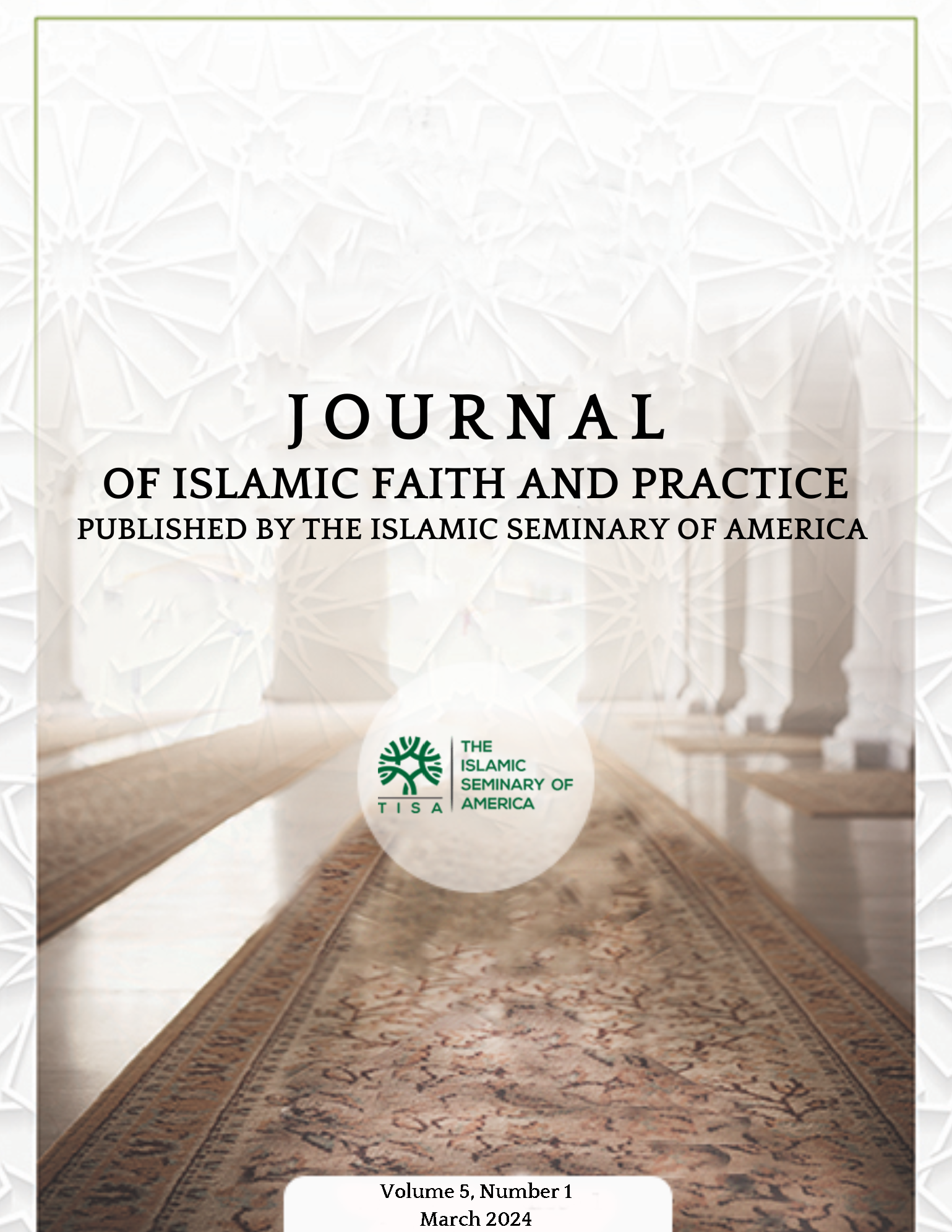Reflecting Personal, Family, and Community Ethnographies to Understand How Fasting Ramadan Fuels the Religious Development of Muslim Youth
DOI:
https://doi.org/10.18060/28094Keywords:
Muslim, Ramadan, religious socialization, family processes, child development, identityAbstract
As both a consequence of and a precursor to internalizing religious beliefs, engaging in religious rituals or behaviors and the meaning-making surrounding them fuels religious and spiritual development. Particularly for highly religious families, such rituals play a central role in family functioning and identity, often embedding families within broader religious communities. Engaging in collective practice and the meaning-making around them may contribute to resilience, particularly for religiously minoritized youth. Enhanced levels of coping and a sense of purpose or belonging may exist alongside resisting the orthopraxy and/or orthodoxy associated with religious beliefs and ritual practices, particularly ones that represent discordance between varying levels of a youth’s developmental contexts.
Grounded in ethnographic and auto-ethnographic methods, this case study explores ritual worship during Ramadan, including fasting and congregational prayer, within a three-generation Muslim family. In particular, it describes how engaging in ritual practices affects developmental processes and outcomes and seeks to better understand how abstaining relates to transcendence and growth in purpose and generosity.

